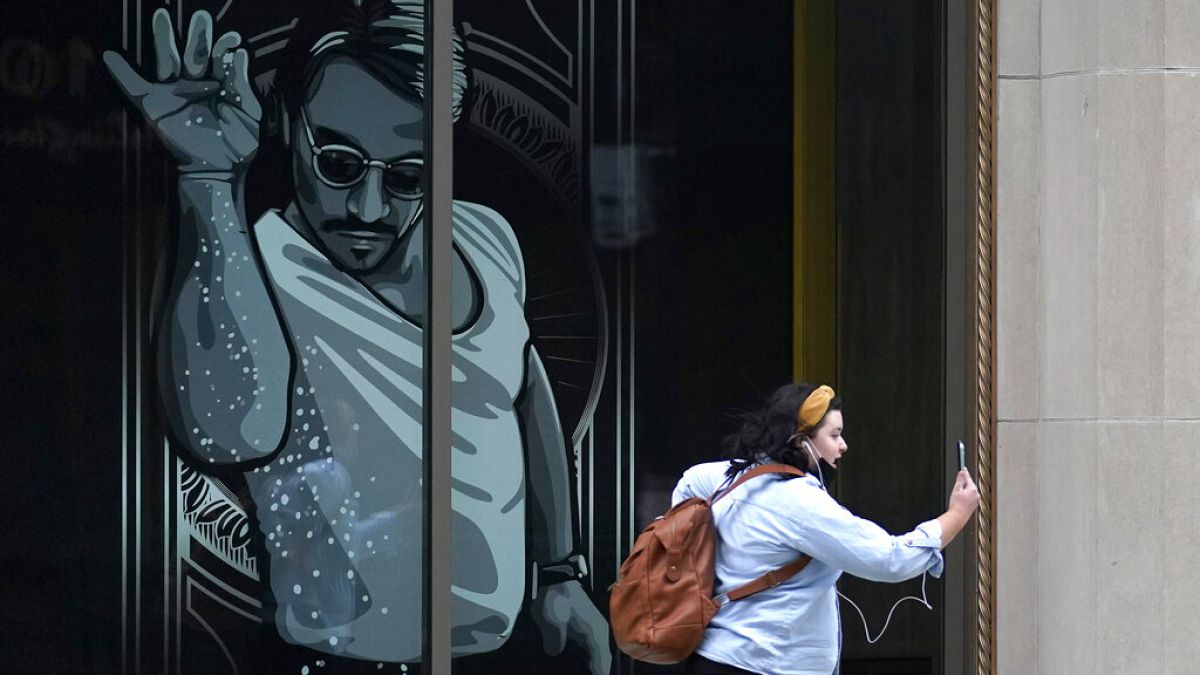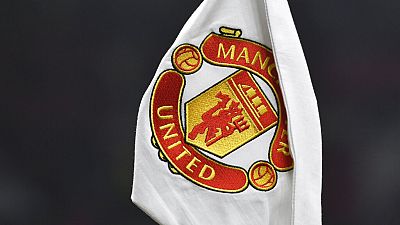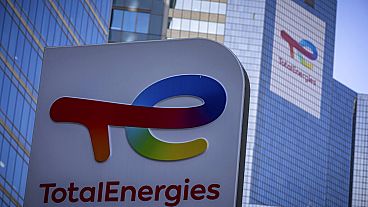Despite its often eye-watering prices, the restaurant group has still had to battle with surging energy bills.
The London-based Nusr-Et Steakhouse, commonly known as the "Salt Bae restaurant" for the viral chef from which it gets its name, boosted its profits by 44% in 2022, according to new figures.
A recent filing on the UK's Companies House - the country's company register - showed that the steakhouse brought in £3.3 million (€3.9 million) in profit before tax two years ago, compared to £2.3 million the year before.
The restaurant, part of a global empire with branches in Turkey, Greece, the US and elsewhere, has defied the cost of living crisis to cash in not only on its celebrity chef-owner Nusret Gökçe, but its extravagant steaks that can set you back just shy of £700.
Gökçe, more widely known as Salt Bae, shot to internet stardom in 2017 following a series of viral videos which saw him suavely and eccentrically sprinkle salt and cut meat, dressed in his now-trademark white t-shirt and sunglasses.
His fame fused with a particularly lavish menu to offer a unique dining experience: while the London Nusr-Et restaurant no longer sells edible gold-plated cuts of meat costing up to £1,450, you can still spend £680 on a wagyu striploin.
Despite the eye-watering prices and perhaps excessive spectacle, the company filings show that the restaurant group has still had to battle with surging energy bills.
The company has "sought to improve energy efficiency at an operational level", it said, by "turning off central heating after closing or during peak hours when heating demand is lower".
Energy prices soared following Russia's full-scale invasion of Ukraine in February 2022, following years of the COVID-19 pandemic.
Both crises triggered a cost of living crisis across Europe, causing the annual rate of inflation to reach 11.1% in the UK in October 2022 - a 41-year high. Inflation has subsequently eased but lower-income families continue to be hit hardest by rising prices.



